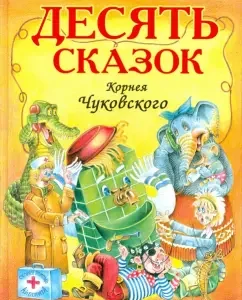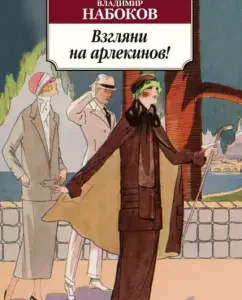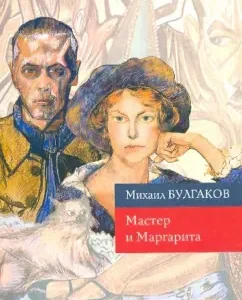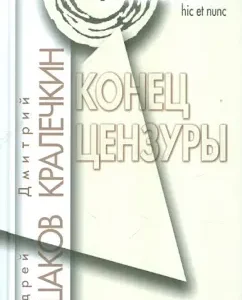Political censorship, as an institution born of an enlightenment, acts as a tool for distinguishing between public and non-public (but not necessarily “private” in modern sense), it is primary in relation to the “freedom of speech” caused by it, in which the contribution of one or another message to the general welfare and progress may be evaluated. The XX century was determined by the “disappearance of censorship”, carried out either in the form of the most smooth censorship, or in the form of formal freedom of speech. Now we have to encounter the fact that the regime of disappearance (and concealment) of censorship itself will be a reconstruction that can break the circulation of political forms, each of which (for example, liberalism and totalitarianism) finds its foundation only in the shortcomings of a competitor and neighbor. The issue of censorship in the work is considered not as regional and related only to the media and political messages, but as a basic shot for competing modes …
Author
Ushakov Andrey Nikolaevich, Kralechkin Dmitry
Publisher
Academic Project, 2010
Series
Philosophical technologies







Reviews
There are no reviews yet.